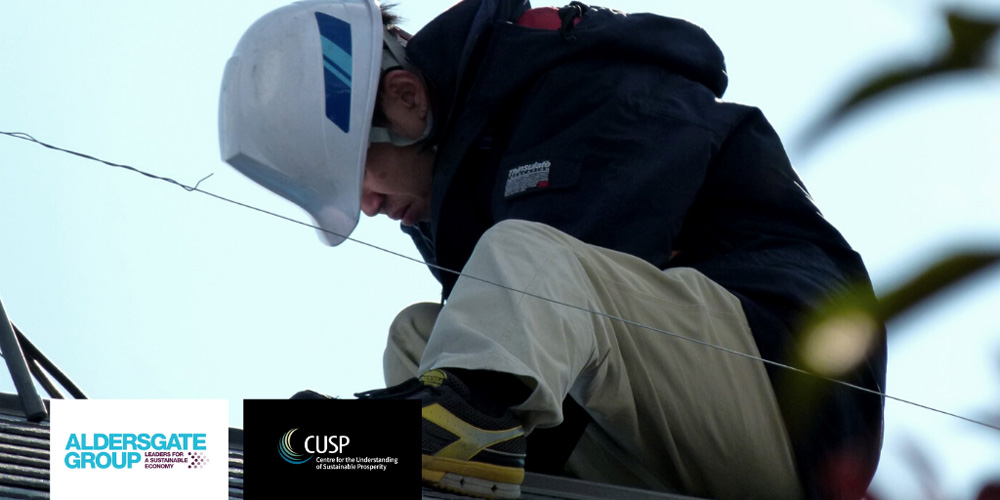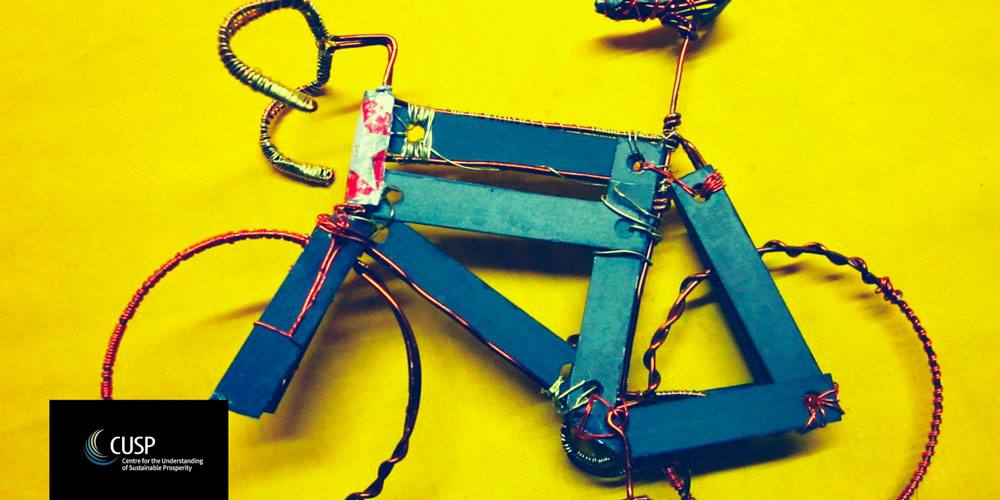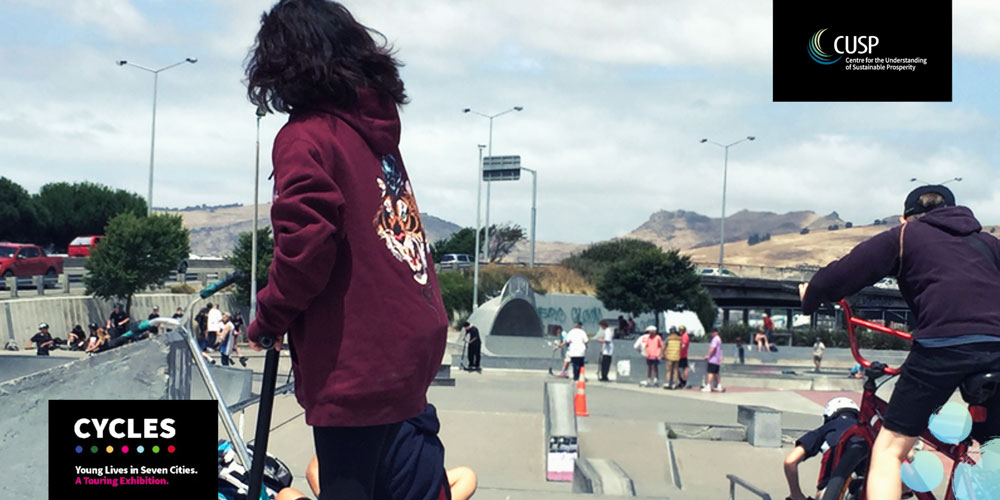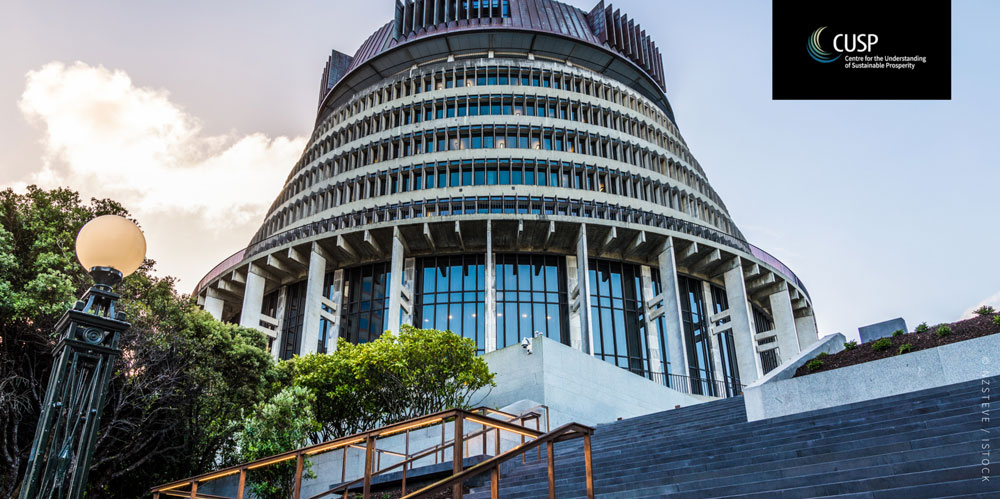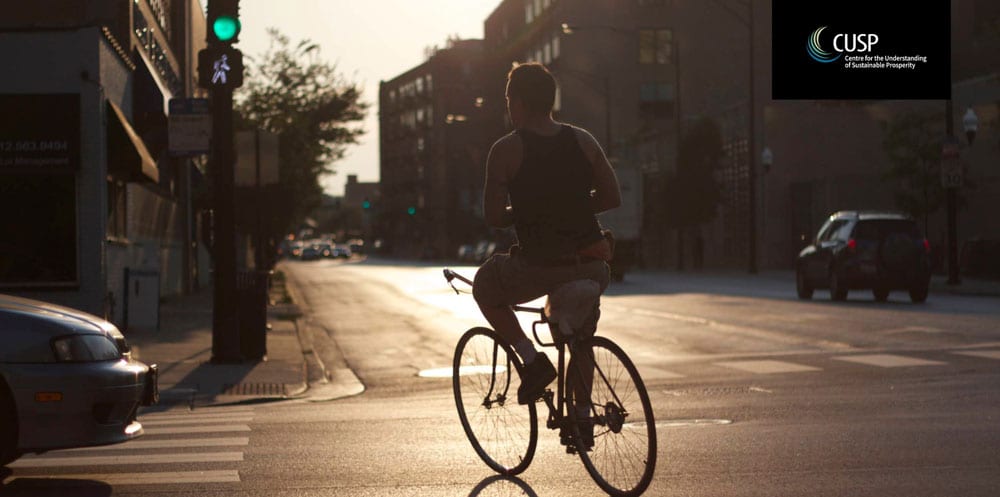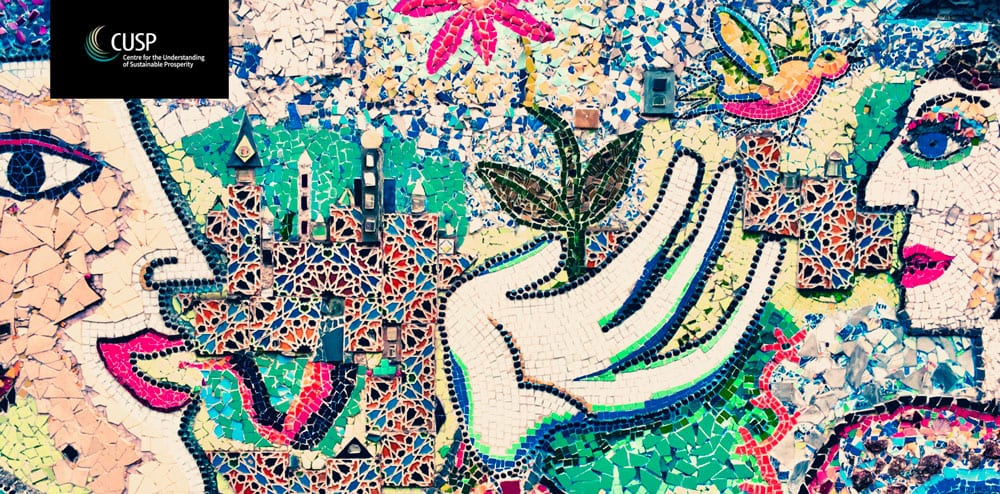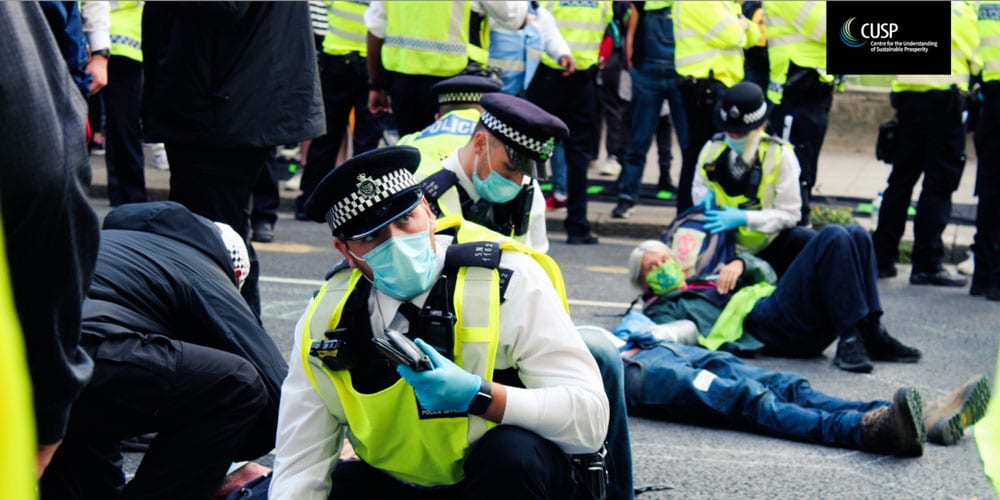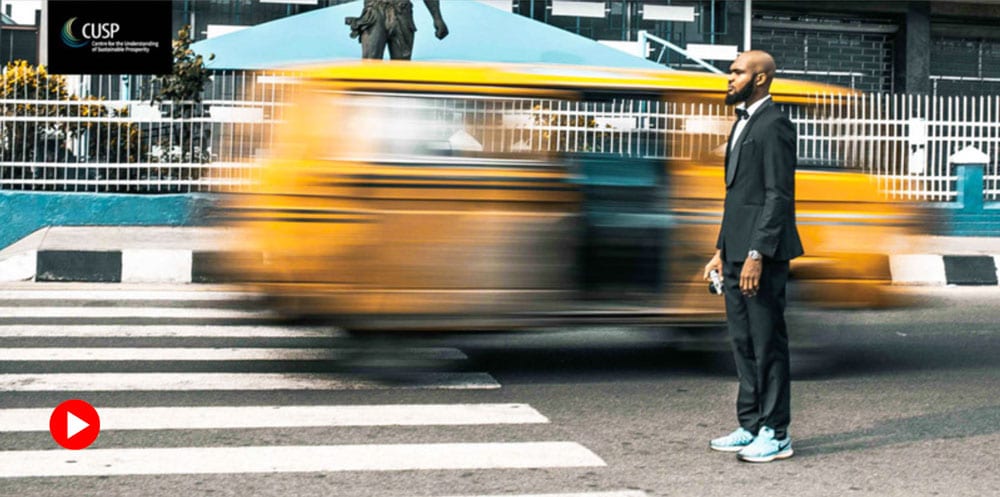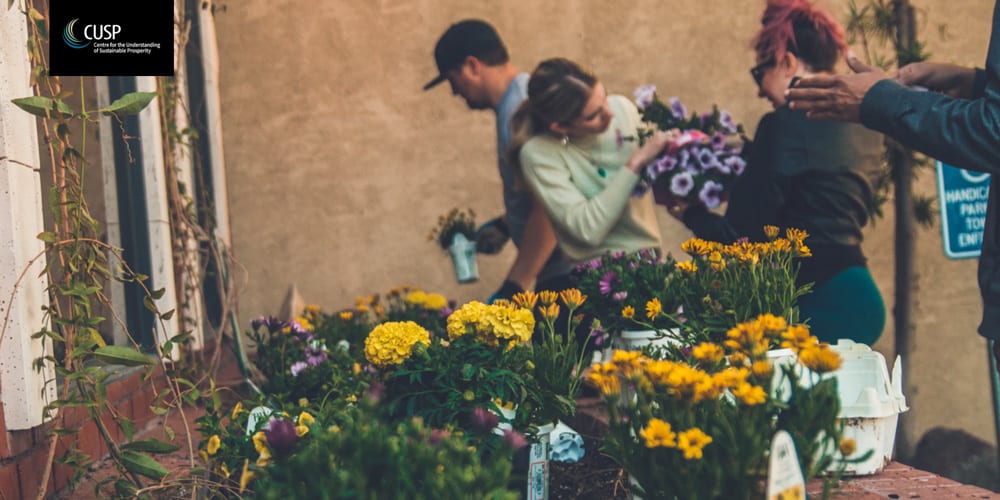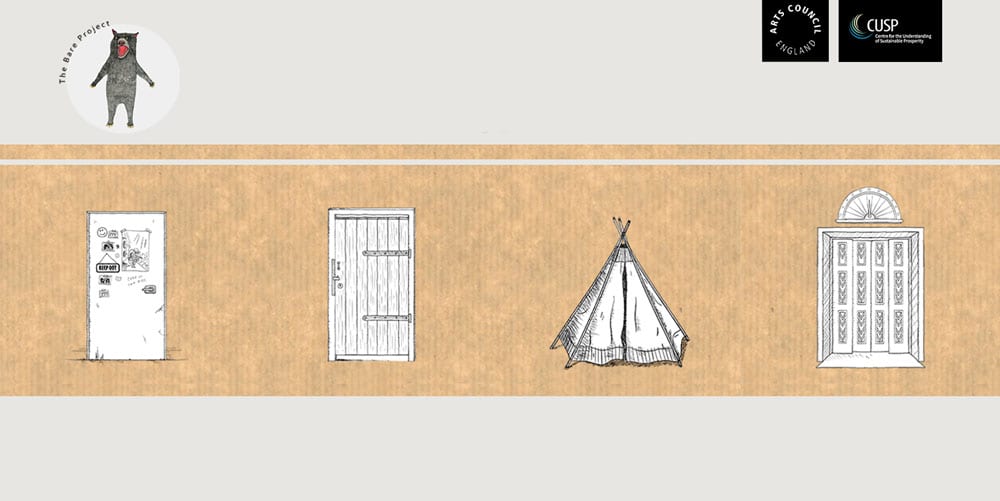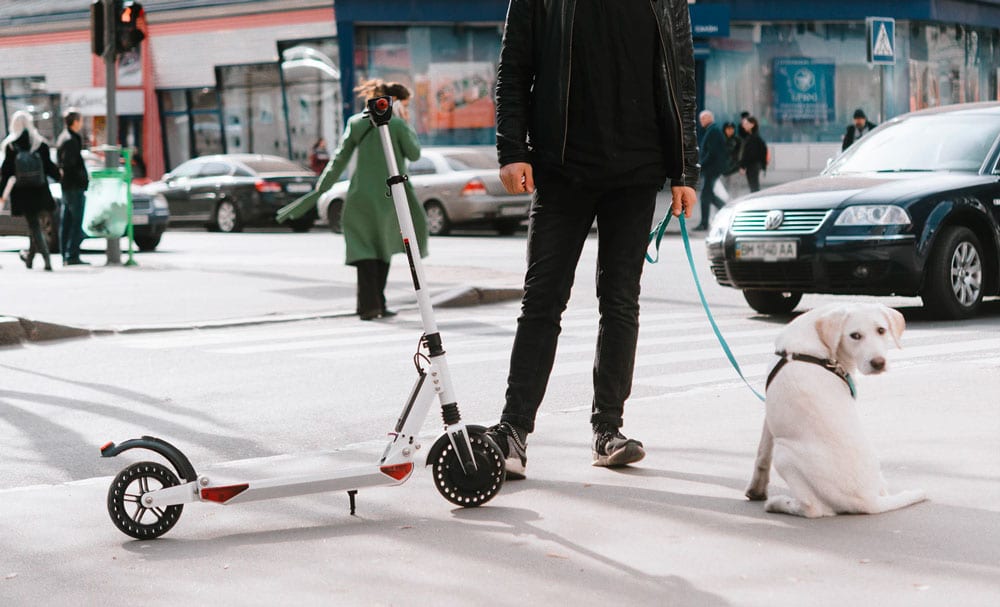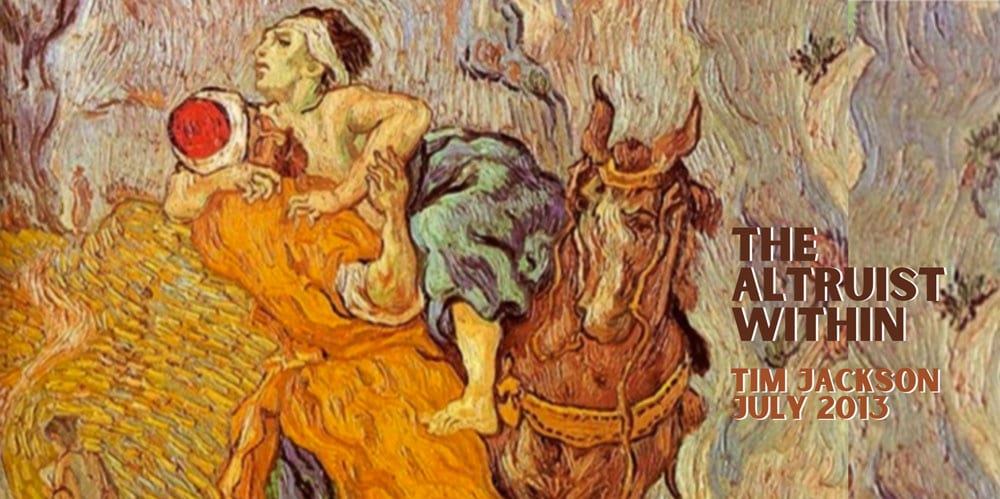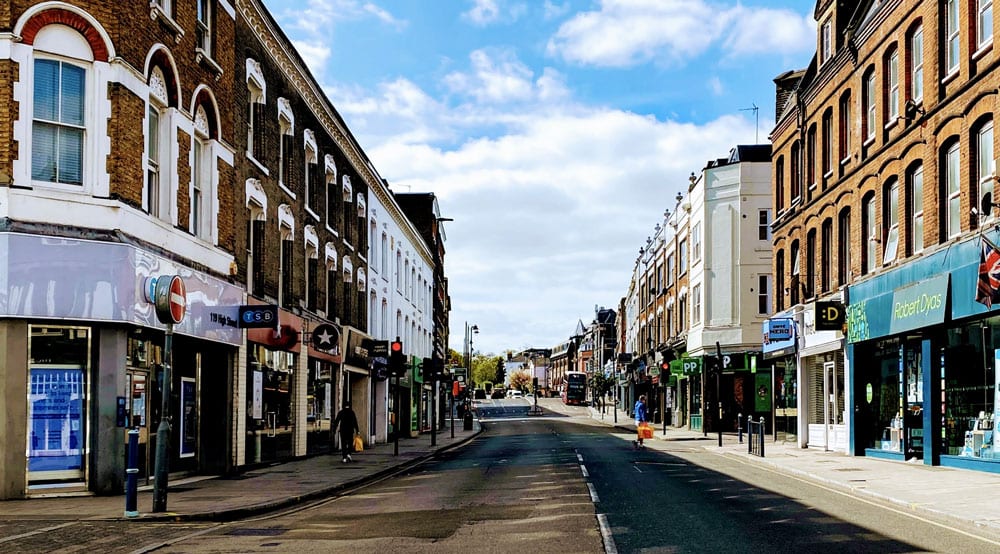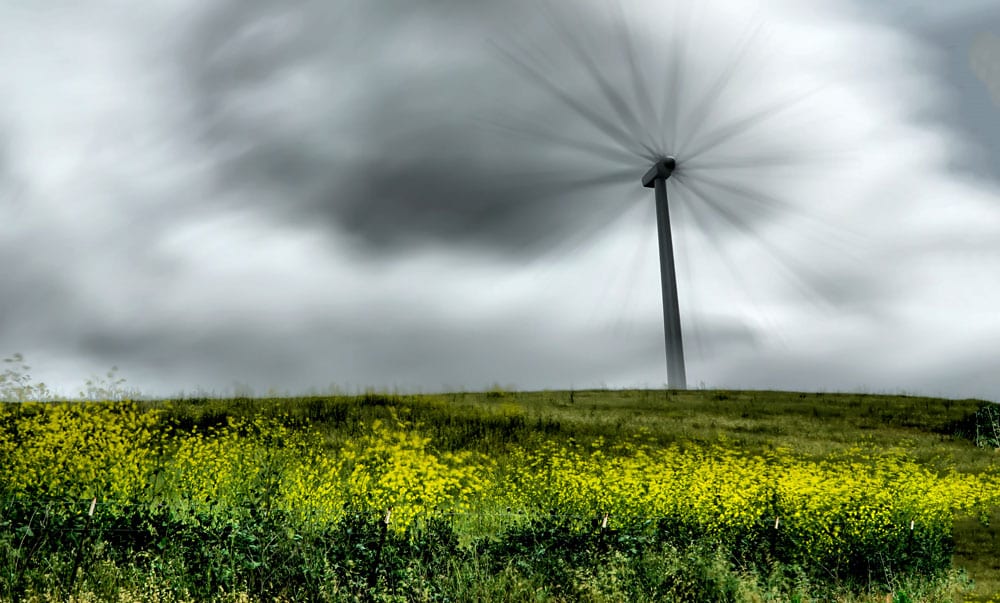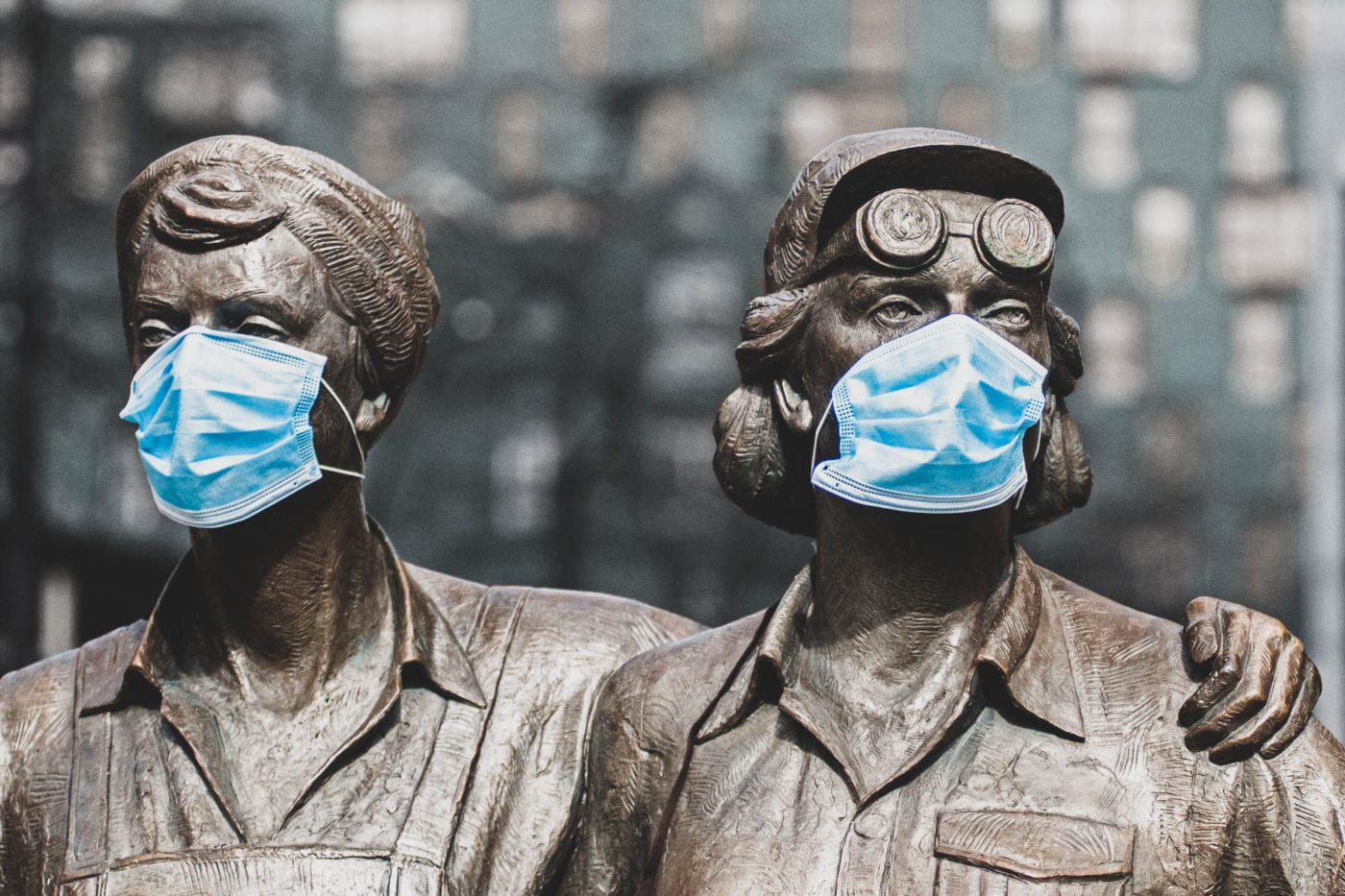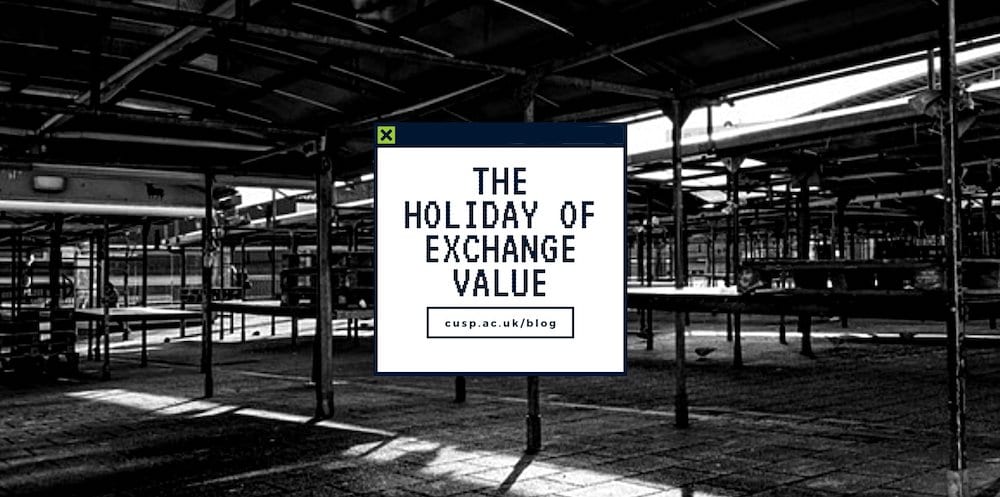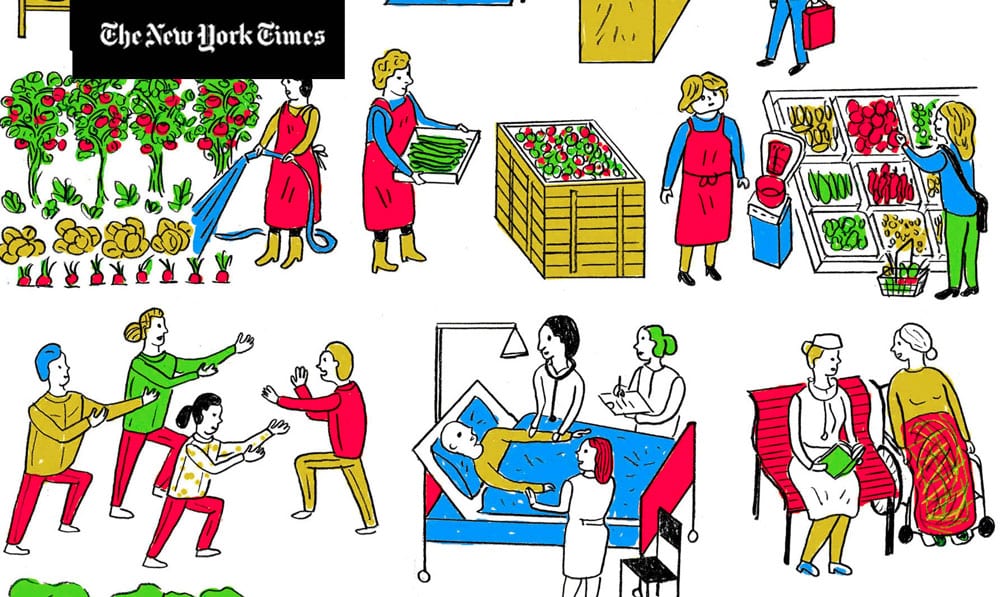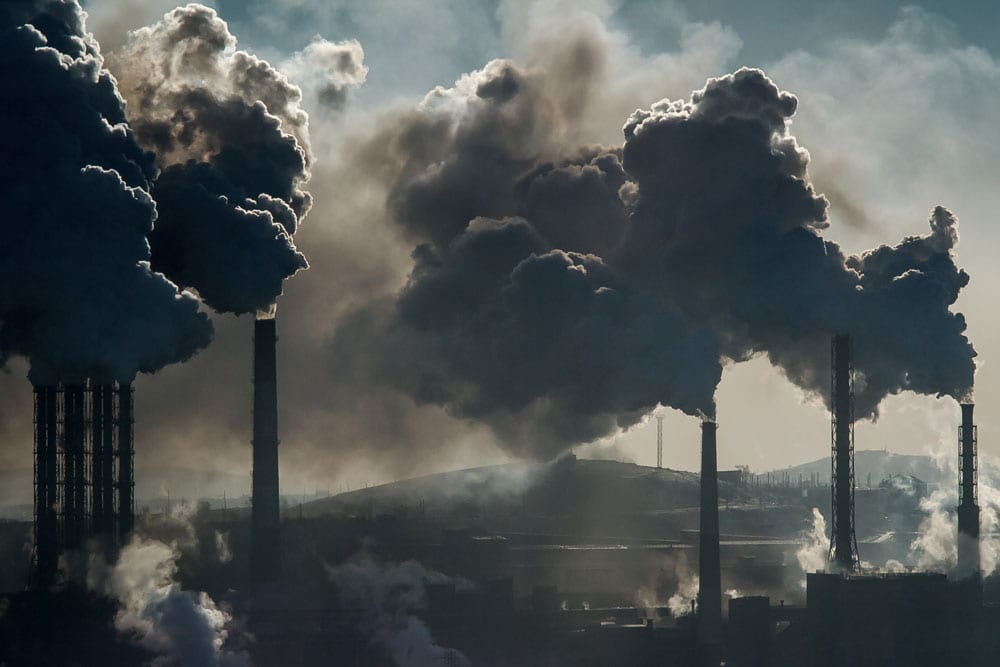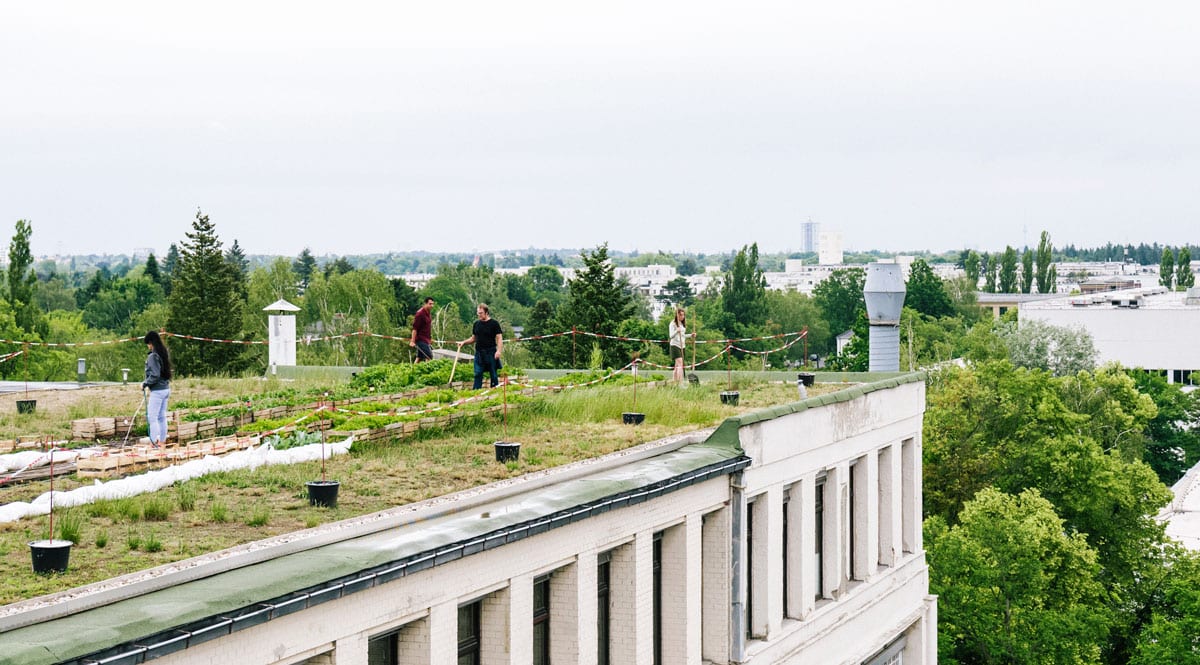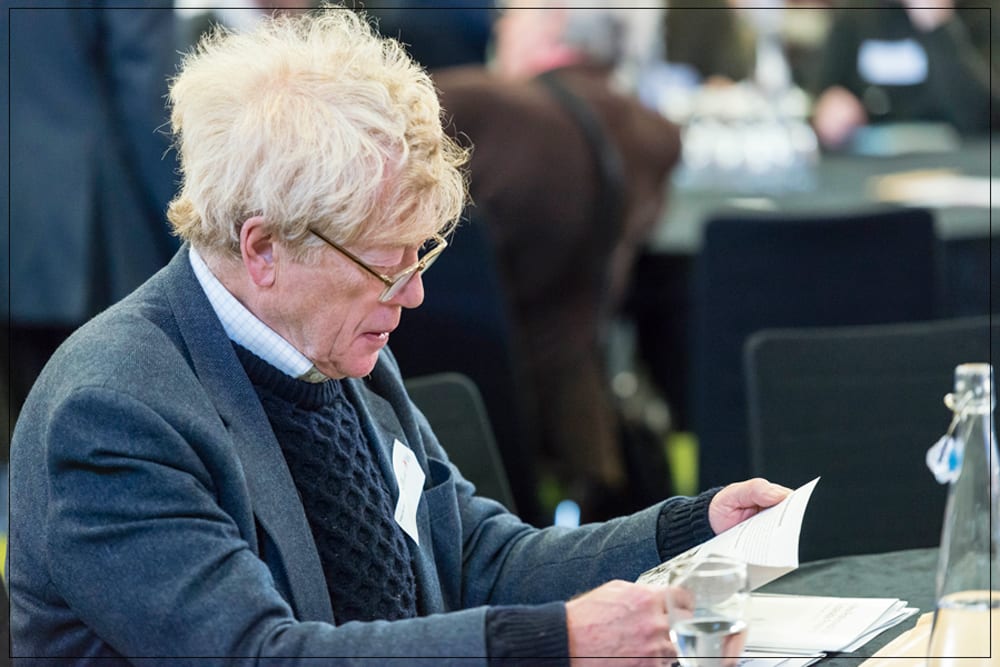BLOG
The UK’s education system is far short of being fit for purpose for the goals we now must meet, Joan Walley writes: As wide scale skills deficits needs to be urgently tackled to get to net zero, our latest briefing with the Aldersgate Group is well positioned to “become the standard ‘textbook’ for all stakeholders in education, business and Government.”
Remaining within the ecological and resource constraints of a finite planet requires substantial reductions in the rate at which individuals consume. But how can we best encourage people to adopt more sustainable behaviours and who is best placed to encourage these changes? Summarising their recent journal article with Birgitta Gatersleben, Patrick Elf and Amy Isham consider whether businesses can act as drivers of pro-environmental behaviour change amongst their customers.
Businesses want to be more productive, but do not always know how to improve. A recent review from CUSP highlights how different approaches have very different implications for businesses, their employees and the planet. In this blog, Amy Isham from CUSP and Helen Fitzhugh from the PrOPEL Hub reflect on three common ideas about pursuing productivity growth and what these different approaches mean in practice.
Thinking about what a community needs to do to support young citizens to live well is a key question that our international CYCLES study is exploring in seven cities around the globe. In this blog, CUSP research fellow Dr Kate Prendergast is summarising early learnings from the research in Christchurch Ōtautahi that asked 12-24 year olds what they like and would like to change about living in their city.
Since the 1990s, knowledge—or ‘human capital’—has been widely understood as the central factor underpinning growth and competitiveness in advanced post-industrial economies. Yet, no one has known how to measure it. Recent efforts to develop monetary estimates of human capital are deeply problematic, however, because they capture only a narrow measure of value, and push countries with supposed deficits of human capital towards market-oriented welfare and labour market policies.
Language and words are significant as vehicles for articulating new ideas and provoking transformative action. Linguistic analysis shows how influential the Green Party has been in presenting alternatives to the idea that economic growth based on unlimited use of New Zealand’s natural resources is a sustainable option. This blog first appeared on The Conversation.
In her new book, Post-Growth Living: For an Alternative Hedonism, Kate Soper calls for a vision of the good life not reliant on endless economic growth and points us to the ways in which our current patterns of living are not only environmentally harmful, but also make us miserable. A provocative and necessary book, Nick Taylor writes, that provides us with the means to rethink consumption, work and sustainable prosperity without losing sight of what makes us feel good.
As people around the world look for alternative enterprise ideas, a new journal paper shows how a Massive Open Online Course (MOOC) has been reaching over 180 countries with participants sharing the ideas further into their own networks.
In the first week of September, XR used similar civil disobedience tactics to its two Rebellions last year—but this time the Met’s policing, on the streets at least, was rapid and effective. Here, CUSP fellow Graeme Hayes reflects on the problems of maintaining ‘accountable’ mass civil disobedience, and argues that XR now has the opportunity to focus on movement-building, rather than mass mobilisations.
If Mary Douglas was alive today, what would she say about Instagram? And how could her insights be useful in relation to sustainability? Here, CUSP researcher Anastasia Loukianov is summarising the tentative answers to these questions provided in her latest article with Kate Burningham and Tim Jackson.
With the long-term impact of the current crisis on global economies yet to be understood, a vast number of social enterprises are likely to suffer after the lockdown due to severe constraints to their operations. What will this mean for alternative business in Nigeria and how can one prepare their organisation for this new reality? A recent CUSP workshop engaged with social entrepreneurs, reflecting on their strategies. Here, Adeyemi and colleagues are summarising the learnings.
In order to live well within the earth’s limits we need to prioritise ways of living that enable us to have more fun with less stuff. This will inevitably require an end to the pursuit of ever more material possessions as a means of acquiring ‘the good life’. Given the fact that people who prioritise materialistic pursuits are consistently found to have lower wellbeing and higher ecological footprints, our research asked whether it is possible to intervene to reduce materialism?
Sustainable prosperity must encompass human flourishing within the ecological limits of a finite planet. But to what extent can sustainable wellbeing be achieved alongside personal values focused on money, image and consumer goods?—Amy Isham summarising her recent journal article with Birgitta Gatersleben and Tim Jackson.
The worldwide Covid-19 pandemic has countless downsides. But, is there perhaps somewhere, somehow, something we can learn in all this? Patrick Elf and Caroline Verfuerth together with Carla Pesas Gomes explore the potential impact of Covid-19 on sustainable consumption prospects in Brazil.
Led by the The Bare Project—a theatre and interactive arts company in Sheffield, the People’s Palace os Possibility has been developed since May 2019. Following the successful installation at last year’s Future Fantastic Festival, and to make the most of lockdown restrictions, the project has been adapted now to a mail-art/digital chapter—for Sheffield, Doncaster and Deptford.
E-Scooters and e-bikes are coming to Britain’s streets. Given what we know about how legitimacy battles over new technology have played out in the past, it may be a bumpy ride, CUSP researcher Marc Hudson writes.
A recent study of long-term fluctuations in economic growth published in Nature Scientific Reports suggests both danger and opportunity in the emerging debate about post Covid-19 economic recovery. In this blog, Craig D. Rye and Tim Jackson outline the findings.
The corona pandemic has thrown down a challenge that is well beyond the scale of our normal experiences. How are community businesses able to deal with this crisis? In this joint blog, CUSP researchers together with colleagues from Locality, the national membership network for community organisations, are outlining some of the early frames of the joint research project looking at the idea of ‘good work’ in community business. This blog first appeared on the Power to Change website.
While practicing social distancing and the imposed isolation brought about by the COVID-19’s unanticipated extended stay, working on qualitative research projects is probably not the highest on people’s priority lists right now. Yet for the lucky ones, our work provides some sort of anchor. Here, CUSP doctoral researcher Joanna Kitchen is sharing some learnings.
This blog is an edited version of a keynote CUSP director Tim Jackson gave at the 2013 Sea of Faith Annual Conference in Leicester. In outlining the philosophical foundation of a different approach to economics, this essay speaks as much to the financial crisis from 2008, as it does to the current health and economic predicament from COVID-19.
Our priorities shift when the wolf is at the door, Iona Murphy writes about the impact of the current crisis. It’s quite understandable that people may not have the headspace for sustainability right now. Nonetheless, we’re currently on a hiatus from consumerism—will it last?
Prior to the COVID crisis, progression to Net Zero carbon neutral emissions was rising to the top of the policy agenda in many countries. Understandably, the global health and economic crisis has thrown a spanner into the works. It is crucial though, Robyn Owen and Theresia Harrer write, that in our attempts to recover, we tie in the fundamental need for a better funded systematic government-led Green Deal approach to early stage Cleantech funding.
Civil disobedience is not just a checklist of components, but a tradition of morally purposeful action and an expression of citizenship, CUSP Fellow Graeme Hayes writes. As the pandemic ushers in new social norms, and political and economic interests may seek to capitalise on the crisis to further deepen social inequality, how social movements rethink their tactics may have profound consequences for the effectiveness of future protests.
Many markets are on hold, as societies such as ours fight the Corona virus pandemic. But how else might things be valued, and how much of that alternative could survive when economic normality returns?
The world-wide Corona-Crisis shows the limits of market-oriented economies. A key task for us all, Simon Mair writes, is demanding that emerging social forms come from an ethic that values care, life, and democracy. The central political task in this time of crisis is living and (virtually) organising around those values.
The challenges facing the world and the UK today are unprecedented. A global health emergency, a global climate crisis; and a catastrophic loss of biodiversity, are undermining the basis for future prosperity in the UK and across the world. This article, written for The New York Times in 2012, speaks to the theme of restoring the value of decent work to its rightful place at the heart of society.
We often hear that it’s the journey and not the destination that really matters. Nowhere is this truer than when thinking about climate change. In this blog, CUSP co-investigator Peter Victor is introducing his illustrative carbon budget simulator, that can be used to explore different approaches to achieving an emissions target and remaining within a target budget. (This blog was updated on 30 March 2020 to include an addendum on the Corona crisis.)
In this blog, Ian Vickers is introducing a new paper that examines the implementation of governance arrangements to extend ownership and control to employees and community stakeholders in social enterprises. The research finds that the realisation of democratic ideals involves a gradual and often challenging process.
In this short blog CUSP researchers Sue Venn, Kate Burningham and Anastasia Loukianov reflect on the challenges of conducting place based research on what people need to live well within planetary limits, whilst sharing the direct consequences of extreme weather conditions.
This article explores inequality in the UK. It examines the evidence for rising inequality over the last fifty years, estimates the economic welfare lost to society from an unequal distribution of incomes and addresses the critical question of managing inequality in the context of declining growth rates.
Falling productivity growth, climate change and changes in energy supply. We face serious challenges now and in the coming years. A recent paper by CUSP researchers Shimaa Elkomy, Simon Mair and Tim Jackson reviews connections between these three challenges and look for paths forwards. Here, Simon Mair is summarising the findings.
“We are still somehow running on autopilot with the wrong kind of fuel, drunk on ideas of progress, our own significance, and the notion things will somehow be ok.” CUSP fellow Jonathan Rowson on emergency, crisis, meta-crisis, metacrisis, meta crisis—and pickles.
Becoming a circular city is a declared future-vision for London. The London Waste and Recycling Board have launched a programme to facilitate the transition. As part of her PhD research about the role of urban policies in enabling circular transitions, CUSP visiting researcher Zeynep Özçam took a closer look.
Wellbeing and productivity are typically assumed to be positively related, but our review suggests that this may not always be the case. It is crucial that we start to take a more critical view of this relationship, Amy Isham writes, introducing her latest working paper with Simon Mair and Tim Jackson.
Recent CUSP studies show that changing one’s lifestyle for environmental reasons can lead into political action. In this blog, Joost de Moor, Brian Doherty and Phil Catney are summing up some of their key findings.
Sir Roger Scruton was an extraordinary philosopher, writer and musician—a polymath. His philosophy of conservatism is perhaps the most comprehensive and impressive attempt in our time to explain and justify that tradition of political thought and practice, Ian Christie writes in his appreciation—we should continue to read, learn from, disagree and argue with him.

